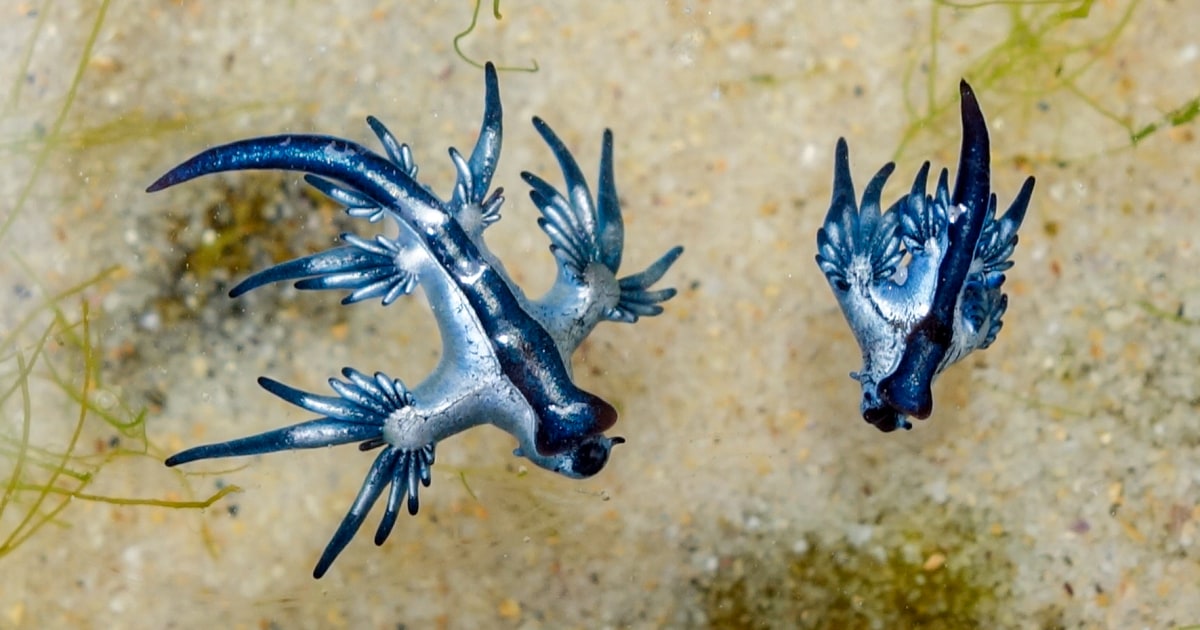Icon: enlarge
Box Jellyfish: Considered the most poisonous marine animal in the world
Photo: imago images / UIG
In Northern Australia, a 17-year-old boy did not survive exposure to a highly toxic box jellyfish, also known as box jellyfish.
The youngster was touched by the tentacles of the sea wasp while swimming on the Cape York peninsula in February and died of the consequences around a week later in hospital, reported the broadcasters 9News and BBC, citing the Queensland police.
It was said that it was probably the first time in around 15 years that a person had died from a sea wasp sting in Australia.
The jellyfish scientifically known as "Chironex fleckeri" is considered to be the most poisonous marine animal in the world.
Danger especially in the warmer months
"We see both box jellyfish and other types of jellyfish that cause Irukandji syndrome in our waters," the authorities warned.
This is poisoning caused by nettle poison from the animals, which can cause severe pain, nausea and pulmonary edema.
"If you don't have a protective suit and you know there might be jellyfish in the water, just don't go in," they said.
The cnidarians are transparent, the shade is square.
They are a major threat to bathing people on the North Queensland coast, especially in the warmer months.
Your sting is extremely painful immediately.
It is estimated that around 70 people have died from contact with large box jellyfish in Australia so far.
Icon: The mirror
bbr / dpa








